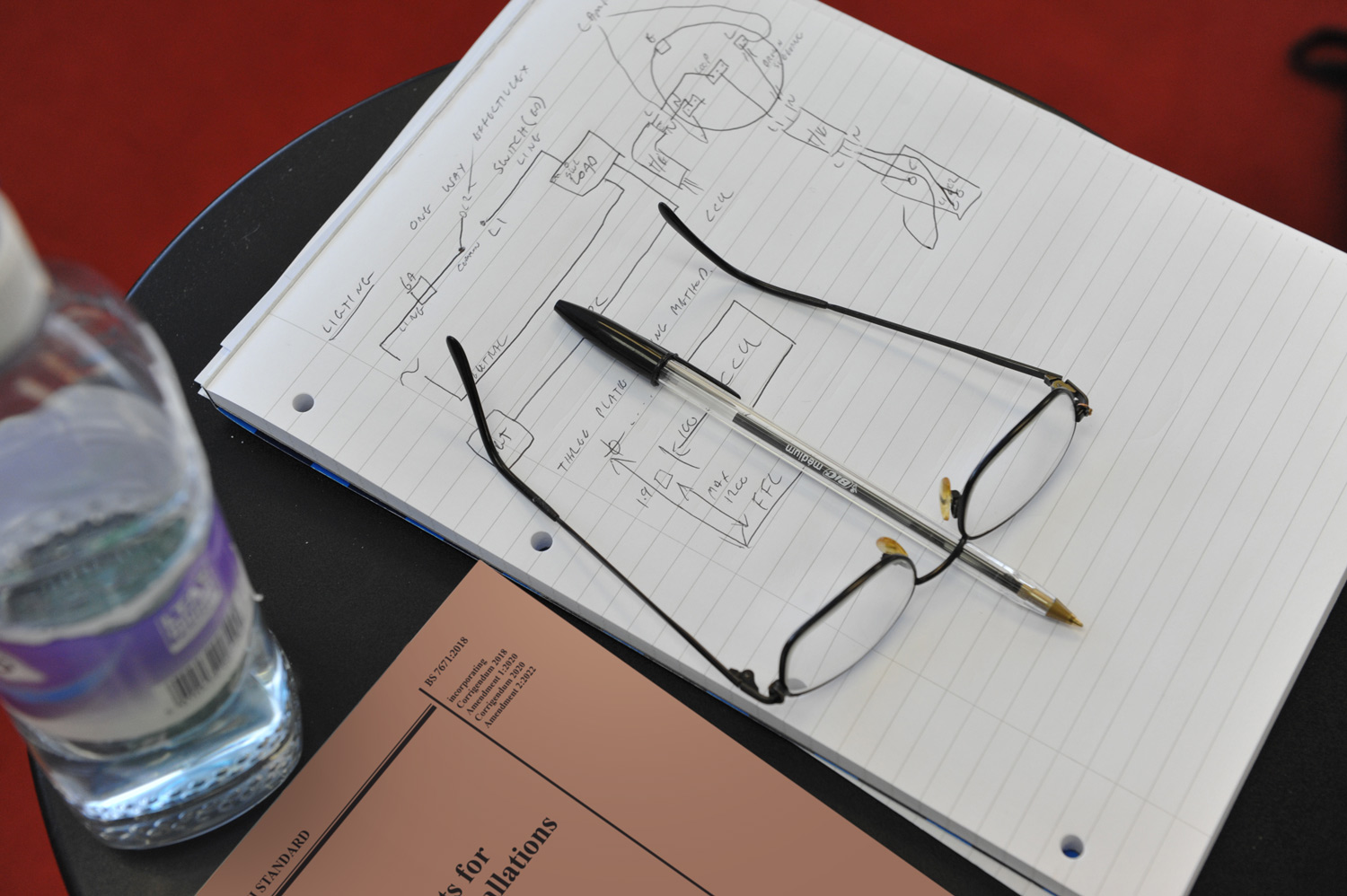If you read our previous blog post ‘Domestic or Commercial Which Way Should I Go?‘ you will know that for a long time trainees have had to decide before they train if they should invest more time and money to ensure they can work on both Commercial and Domestic Projects or take the quicker route on just focusing on Domestic Installation otherwise affectionately referred to as ‘house bashing’.
If you are looking to re-train as a sparky it is important to understand the difference between the two areas as you will find the costs of training and time it takes vastly different. With Trade Skills 4U you can train to be a domestic installer in 18 Days and at a cost of £2495 whereas the commercial route will take 16 weeks at £7490 plus your NVQ on the job too. However there is also now a third route which covers both options with the EAL 7695 qualification. So you should ask yourself before you start out realistically which type of work do you prefer?
What type of work do existing electricians prefer?
Obviously if you go the ‘fully qualified route’ you can in fact cover both commercial and domestic work meaning your scope of work is much greater, however we wanted to find out which of these two areas seems to be preferred by those currently out there working on the tools. You can find the results below:


Our info-graphic shows commercial work as the winner – but only on this occasion! Whilst it would be great if you can pick and choose every job you take the reality is that you once you start out as either a domestic or commercial electrician you will be doing a wide range of jobs, some more preferable than others. One thing most respondents agree on is they are glad not to be plumbers as they really can end up with some crappy work (Boom Boom!)
We asked our respondents why they preferred certain types of work and the most common differences between each area:


Domestic or commercial?
We had over 20 written comments to our survey this month, which contained some really interesting responses.
Commercial – no floorboards or lofts
16 electricians surveyed preferred commercial work due to the fact that commercial work contains more actual electrical work and less of the ‘wall bashing’ and lifting of floorboards that domestic work typically entails. Commercial work however, can become repetitive and domestic work can present some rewarding challenges.
Domestic work – essential for business success
Electricians comment that commercial work is harder to obtain – in terms of getting a foot in the door and most of the electricians who responded to our survey said that domestic work was still very useful to fill in gaps or as one electrician stated “Domestic work although sometimes challenging is your bread and butter for a small company like mine.”
Commercial – bigger earning potential
The larger projects and therefore bigger earning potential exists in commercial work. However, larger commercial companies can take longer to pay and there are other hazards to take into account for such as asbestos. Self employed electricians often team up to take on larger commercial contracts which can offer longer term work.
Domestic Work – Chance to work on more unusual properties
Some electricians prefer to concentrate on the Part P domestic market and this gives scope to working on a wide variety of electrical projects from old properties to new builds and more specialist areas such as underground heat pumps, underfloor heating systems and swimming pools.
So generally speaking it pays to keep your options open. Electrical installation work is rewarding, varied and interesting whatever sector you happen to work in. With the introduction of the new EAL 7695 Domestic Electrician course you can keep your career options open and future proof your qualifications.




















